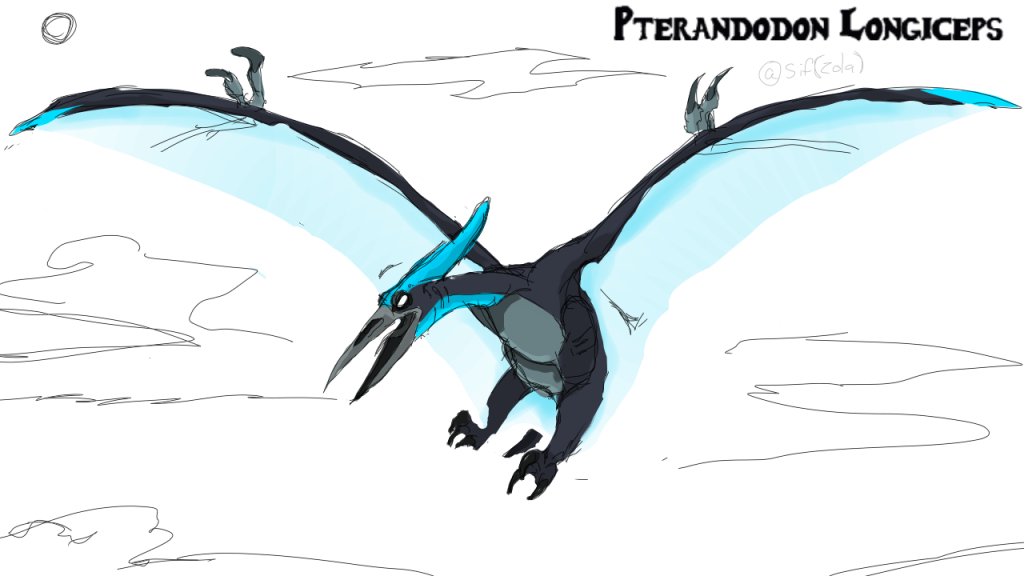Flyer Guilds
Territories
Flyers often live in mountainous areas near waterways and on seaside cliffs, claiming very small territories on land, just enough room for safe sleeping places and hoarding possessions as well as protecting hunting areas.
Government
Groups of flyers often call themselves a “flight” but most in Materia call them “guilds” due to their business-like interactions. Large groups made up of several families tend to make up a guild, and rarely does a flyer live solo unless they live in a community of Materia instead of in a flight. Many flyer groups consist of only members of one species but some groups will integrate. A representative from each family in the guild, often an elder or parent, is selected to participate as a member of a council that makes group decisions for the entire guild.
Each guild is relatively independent of one another, however grievances or unions between groups or agreements between Materians and multiple guilds will occasionally result in a gathering of elders from all nearby guilds in order to form a consensus and feast together.
The Nation of Materia has specially constructed diplomatic ships for meeting with flyers in a convenient setting comfortable for all involved.
People

Guilds can consist of members of any pterosaur-like species.
Humans and smaller pelaon species who do not wish to be part of the Nation of Materia or live as traditionalists have, at times, been inducted into guilds. These non-flyers often work aiding the flyer families by cleaning homes, caring for the young, ill or ,elderly, translating between elders and other species, and on rarer occasion riding a flyer’s back in order to hold objects or navigate.
Lifestyle
The communal nature of these groups means that guilds are very relaxed and social communities. The relatively laid-back culture is what attracts some non-flyers to the society.
While individuals often hunt and eat when they wish, there are also communal meals. It is also not uncommon for flights to create artificial ponds around mountain springs or in areas where rain water will collect and stay for extended periods of time so as to store extra fish for the community, the young, or the elderly.
Trade and decoration are important, and many flyers enjoy collecting jewelry and other ornamentation that will not impede their flying. Tasks which will gain money or a trade of stones or metals that can be made into decorative items are the primary reason for “working.” When such opportunities are not present, most flights simply socialize at home, relaxing in the sunlight and occasionally flying or rock climbing in order to stretch. At dusk, many flyers take to the skies for group flights in order to watch the sunset from a higher vantage point and wish Ruuk a good night.
Traditions
A belief in the importance of freedom, flight and beauty permeate most of the beliefs and activities of the species. Feasts and parties are held when flowers reach their peak bloom – sometimes held on lower land where local Materian villages can join into the celebration. It is not uncommon for members to select favorite colors of body paint to often decorate themselves with patterns in addition to their own natural appearance, especially nearer to personal anniversaries such as their hatchday or mate-taking date.
Families
Flyers mate for life. It is not impossible but very uncommon for a flyer who loses a mate to take another due to the mental anguish. For this reason, guilds take extra special care of members who have faced such loss.
Unlike some species, large families are not as important to flyers. Child rearing traditions are often seen as cruel outside of the society. Parents protect eggs and feed their young, but do not feel attached to their offspring until they have grown and form friendship-like bonds with more mature offspring. It is generally accepted that from a clutch of 6-8 eggs, only one or two offspring will survive, and any more is a strain on the family’s resources after the first month. Nests are often built along cliffs where those hatchlings who are too adventurous and try to leave the nest before they are ready will fall to their death. Stronger babies may also kill siblings, an act which is never punished.